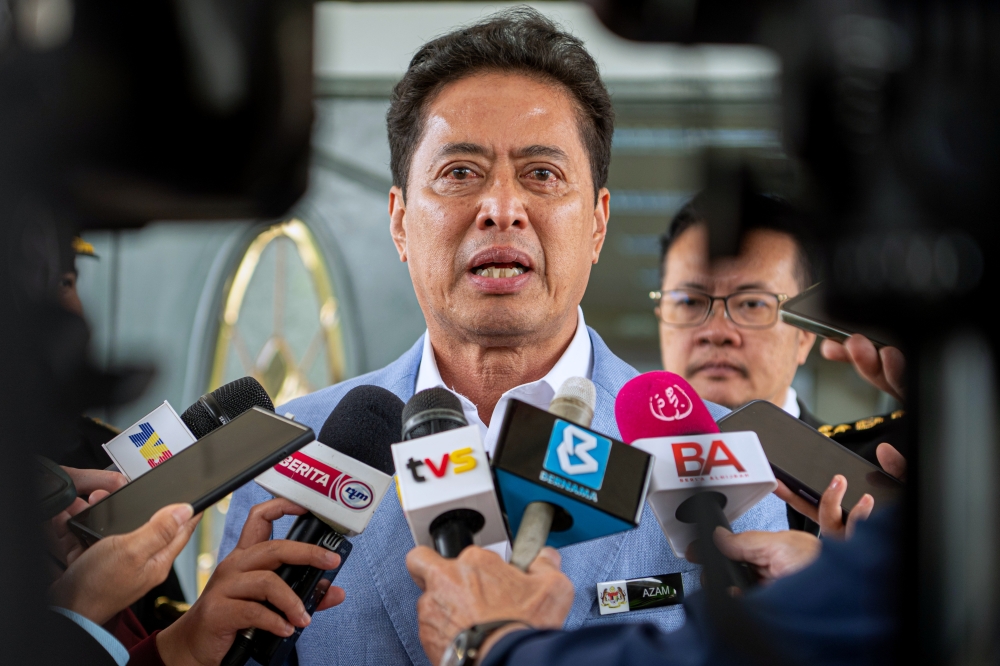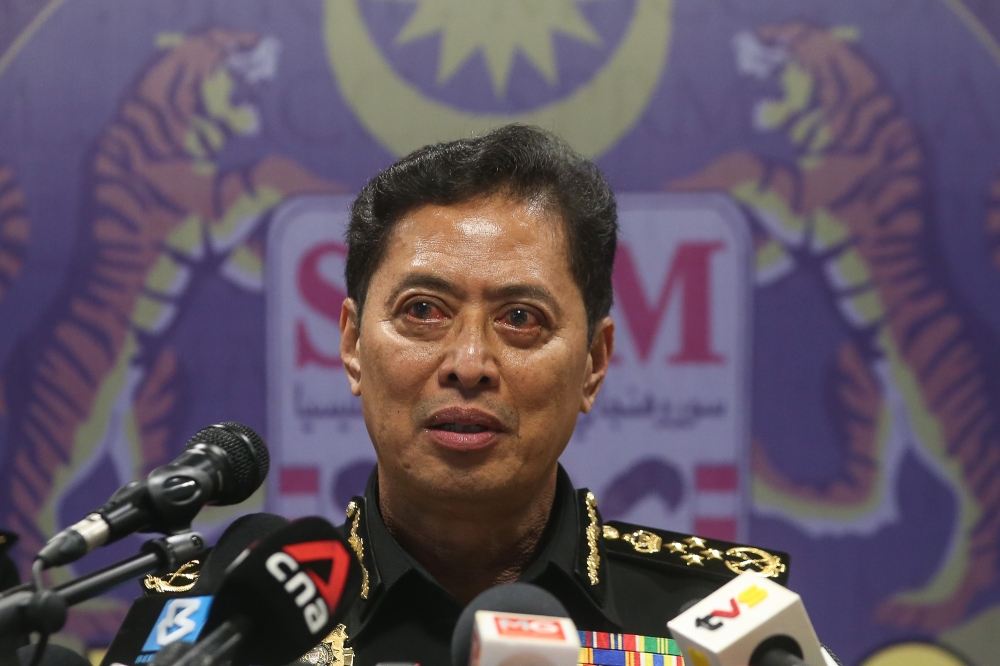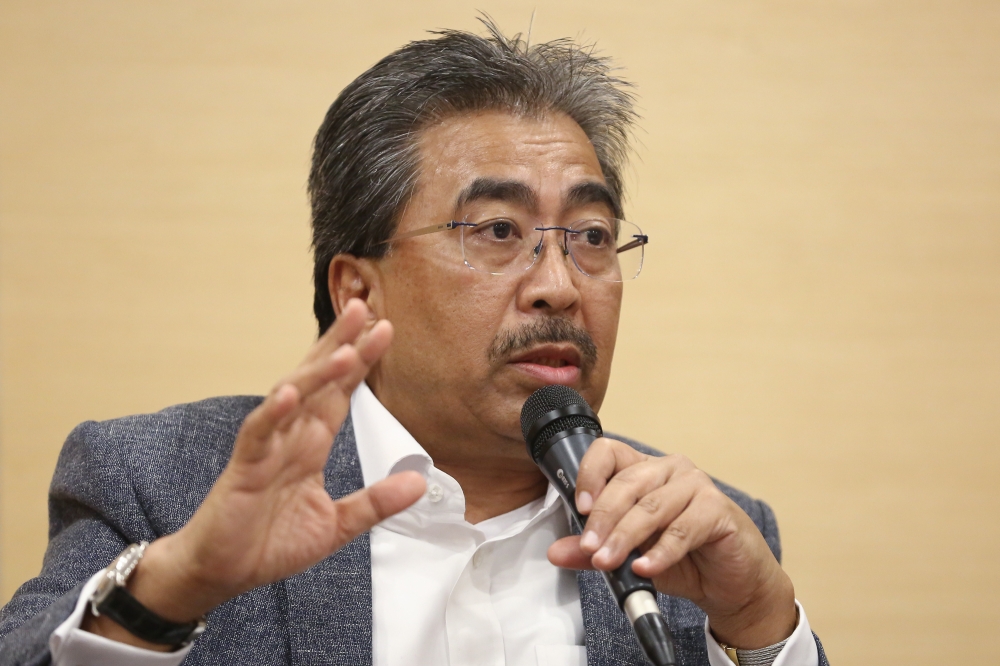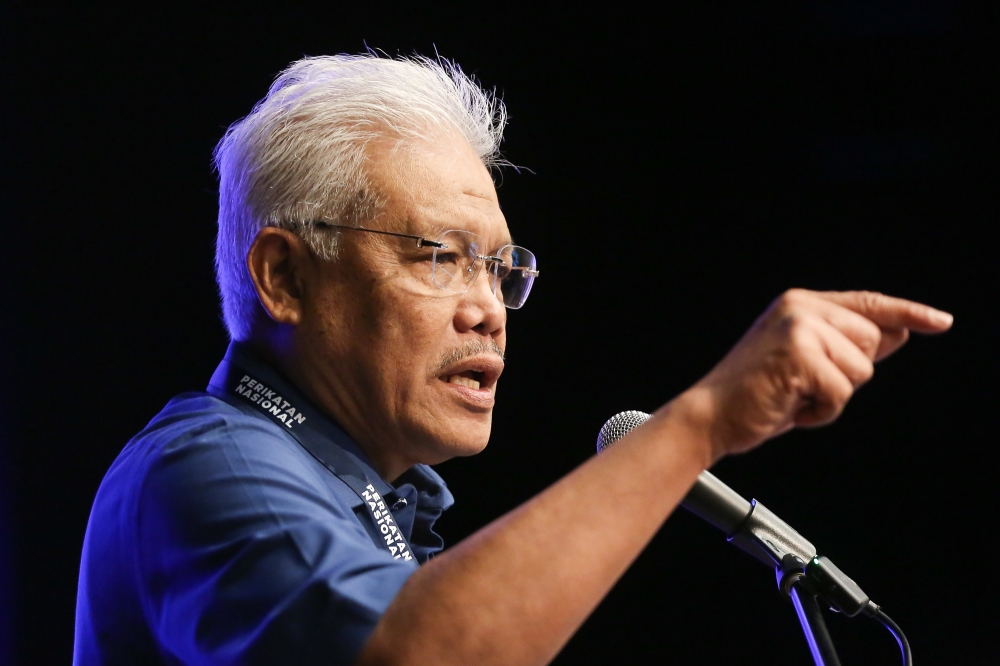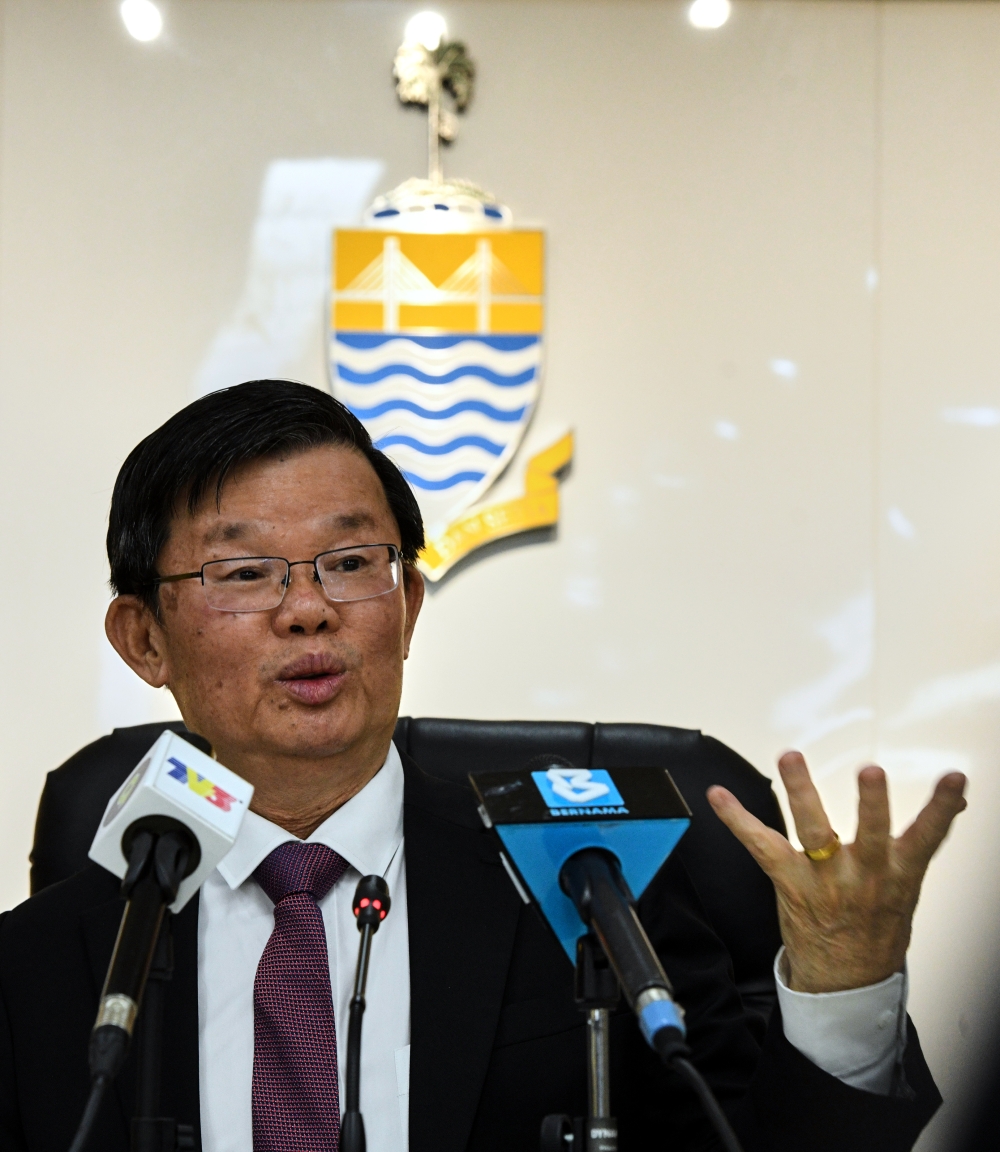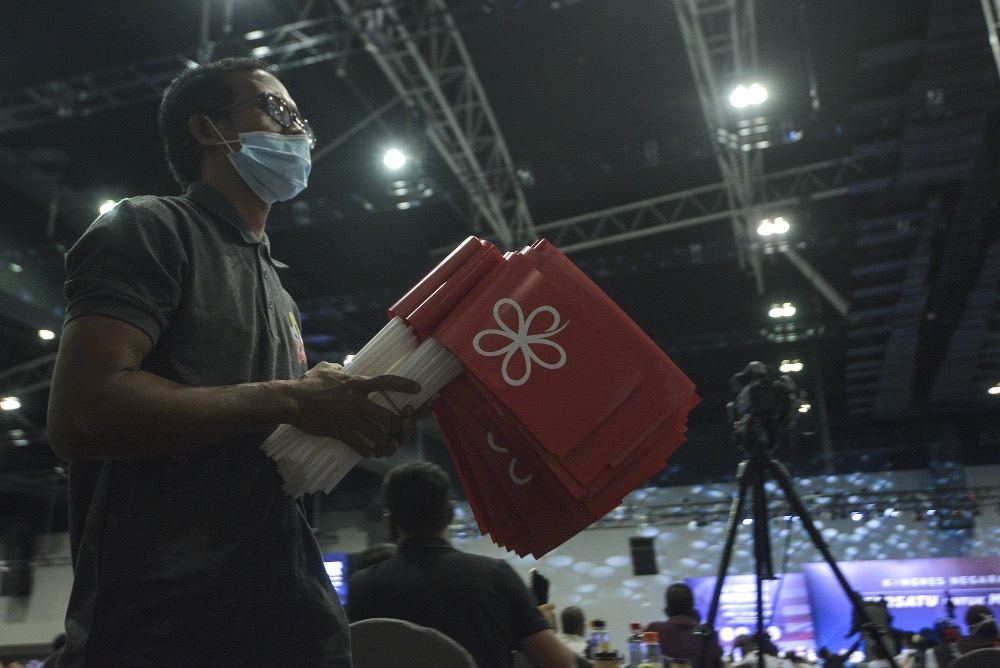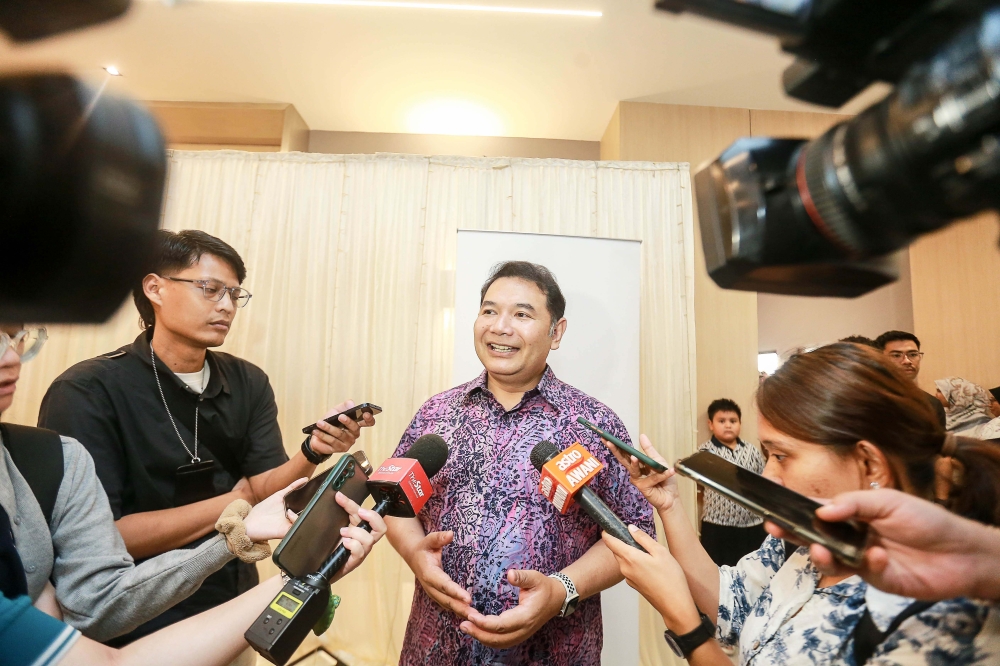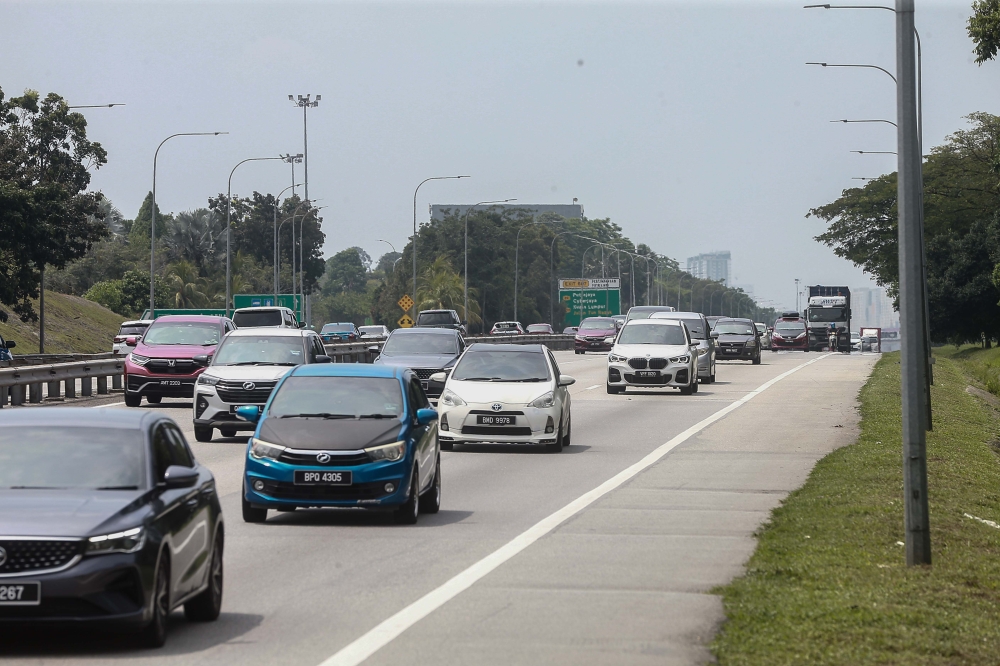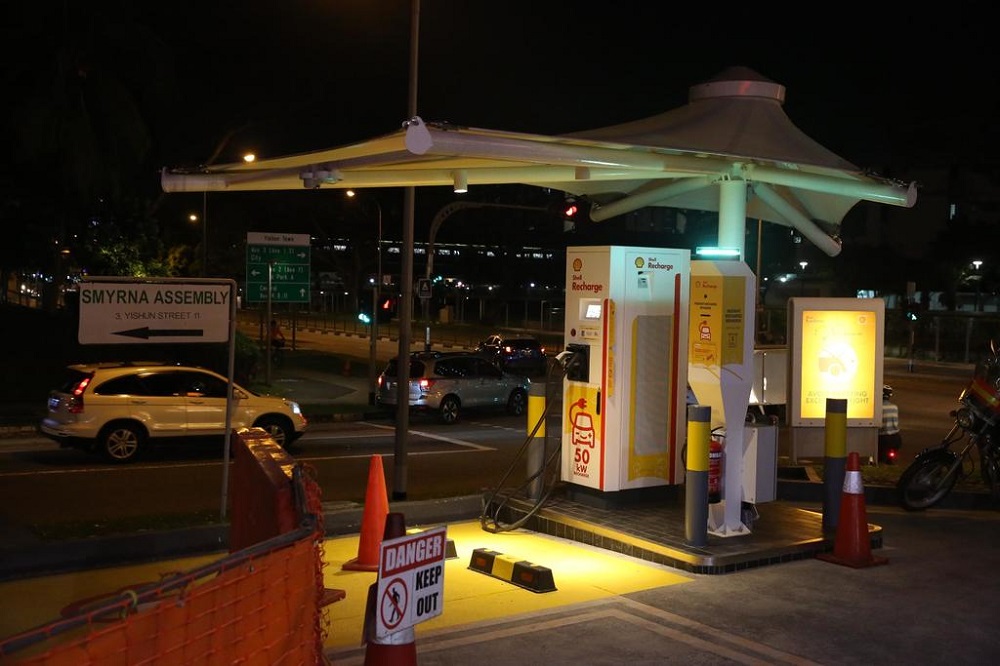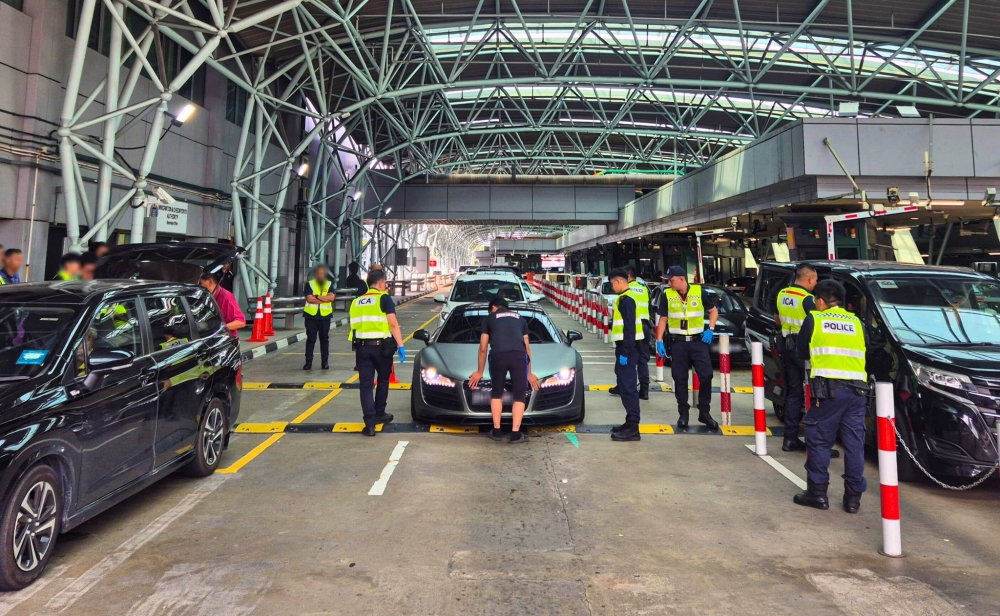SINGAPORE, Feb 25 — Several Members of Parliament (MPs) from both sides of the political aisle have questioned the timing of the petrol duty increases, even before Singapore has built up sufficient infrastructure for the mass adoption of electric vehicles.
Leader of the Opposition Pritam Singh, who was among five MPs who spoke about the issue, said on the first day of the Budget debate yesterday that the petrol duties should not have been increased immediately.
Rather, he felt it should have been a “phased and gradual increase” that is in step with the availability of electric vehicles as a realistic consumer choice, along with the rise in their numbers on the roads.
The petrol price hike was announced by Deputy Prime Minister Heng Swee Keat during his Budget speech last Tuesday, which saw duty for premium grade petrol rise by 23 per cent and that for intermediate grade petrol by 18 per cent.
The increases, which took effect on the day of the announcement, are part of Singapore’s plans to combat climate change that also include a push for electric vehicles.
Singh, an MP for Aljunied Group Representation Constituency (GRC), said he understood that the nudge towards environment-friendly vehicles is central to the Singapore Green Plan 2030, a key plank of the Singapore government’s environmental strategy.
However, he said that there was “much frustration and unhappiness on the ground” with respect to the timing of the hike in petrol prices to support this goal.
“The main reason for this is that the infrastructure and registration regime for a greater adoption of electric vehicles have not even been rolled out, but yet, the petrol duty hike was implemented immediately on Budget day.”
Dr Lim Wee Kiak of Sembawang GRC raised the same point about the lack of infrastructure. He pointed out that the Singapore government’s goal to deploy more charging points at public car parks and private premises is only scheduled to be met by 2030.Under the Green Plan, the Singapore government doubled the targeted number charging points from 28,000 to 60,000 by 2030.
Furthermore, he said that the Additional Registration Fee — a tax imposed upon registration of a vehicle — and road tax reductions for electric vehicles will only be implemented next year.
Motorists will be given road tax and additional petrol duty rebates, but Aljunied GRC MP Faisal Manap asked if these might reach the pockets of those who depend on driving as a livelihood too late.
Darryl David of Ang Mo Kio GRC also asked if these rebates could be extended to taxi and private-hire car drivers beyond the present period if required.
Dr Lim suggested that the Ministry of Finance bring forward the rebates to take effect now, since petrol prices have already increased.
All road tax rebates were originally intended to take effect on Aug 1 this year, with the petrol duty rebates for motorcycles, taxis and private-hire cars planned to be introduced by mid-2021.
However, the Land Transport Authority announced shortly after the MPs’ speeches yesterday that the road tax rebates will be brought forward to as early as next month for taxi and private-hire car drivers.
Several of the MPs warned that the price hikes would have other knock-on effects.
For instance, David said that logistics companies could pass on cost increases to retailers, and retailers could similarly pass the increase on to consumers.
’Many issues to be addressed’
Still, Nadia Samdin, MP for Ang Mo Kio GRC said that one of the biggest consumer concerns when it comes to electric vehicles is “reliable, convenient and consistent access to charging stations, or better yet, super charging stations”.
She said that the process will be complex, as there will be several considerations involved such as how power grids affect charging stations, and the policies that keep charging affordable for consumers and profitable for stakeholders interested in installing charging stations.
For Dr Lim, Singapore’s land scarcity is another issue since it would mean a struggle to give space for charging stations all over the island, including at car parks of public housing blocks.
Aside from these infrastructural concerns, Dr Lim asked how the batteries used in electric vehicles will be disposed of once they have outlived their lifespan.
Several media reports have stated that the lithium-ion batteries will need to be disposed of properly or risk being an environmental hazard.
Another practical consideration that Dr Lim raised was whether there will be enough people who are trained to repair electric vehicles.
“Overall, how cost-effective would it be to use an electric vehicle versus a petrol or diesel vehicle?” Dr Lim asked.
“There are many issues to be addressed. Around the world, electric vehicles are still a sort of advanced-stage work-in-progress, in my view.”
Heng will address the various points raised by the MPs during his round-up speech on the Budget debate tomorrow. — TODAY



